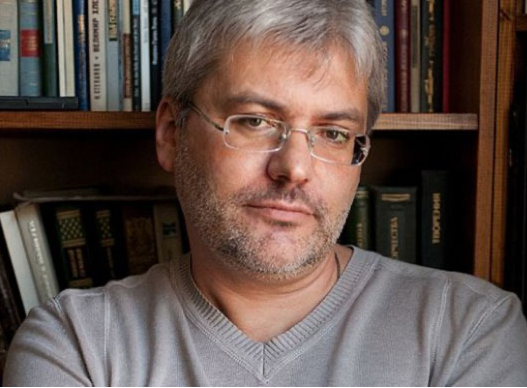Ivan Denisovich and COVID-19
/Over at the Cavendish Historical Society, Margo Caulfield has a fresh take on One Day in the Life of Ivan Denisovich, suggesting it can be seen as a precursor to the emerging field of positive psychology and the modern understanding of “mindfulness”.
“As it turns out, a very successful and highly practiced form of psychotherapy, cognitive behavioral therapy (CBT), has its roots in Stoic philosophy. Since one of the most famous Stoics was Epictetus, who was born into slavery, it’s not surprising that Solzhenitsyn would have drawn some similar conclusions. We may not have control over our circumstances, but we can control how we interpret them and how we respond to them.
In the midst of our “stay-at-home” order, “One Day in the Life” is definitely worth a read. It’s short, can be read in one sitting, and can help reframe this time of Covid-19 by reminding us that we do have control over how we respond as well as that there are positive things happening all around us that we can be grateful for.”















